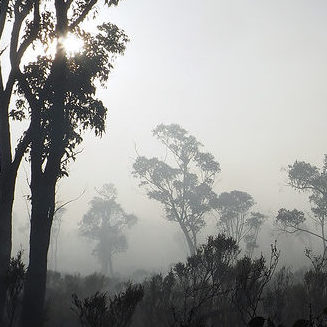Wildfire smoke can affect your eyes, lungs, heart, and worsen serious chronic diseases. A new study shows wildfire smoke could be up to ten times more harmful to human respiratory health than other air pollutants including car exhaust, factories, or power plants. With another potential record-breaking fire season on the horizon, health concerns continue to rise.
New Study Findings
As extreme, larger wildfires become more common, it is important to examine the possible health impacts. Nature Communications published a research study in early March. Researchers examined hospital admission record in California between 1999 and 2012.
They found that patients’ respiratory problems increased from around 1.3% to 10% following an uptick in wildfire-specific air pollution. The number of people admitted increased by only 1% on average for a similar increase of other air pollutants.
The full study can be found here.
Other Findings and Impact
This isn’t the first study to suggest that wildfire smoke might be more harmful than other forms of air pollution. A study by Stanford researchers found that the fires last fall caused 1,200 excess deaths and 4,800 extra emergency room visits in California. People 65 and older with pre-existing conditions like respiratory problems, diabetes and heart disease were most impacted. Additionally, numerous studies on animals mirror these health concerns.
Researches explain that since wildfires engulf homes and businesses, they emit fumes that contain metals, plastic and cleaning supplies. Health impacts due to wildfire smoke are on the same level of magnitude, or possibly even greater, than the direct physical cost.
In 2020, California experienced six of its largest fires on record. Those fires suffocated the US West Coast with smoke, in some places for weeks. An NPR analysis found that one in seven West Coast residents experienced at least one day of unhealthy air quality last year.

Source: CDC. San Francisco engulfed with smoke post multiple wildfires.
How To Prepare
The COVID-19 Pandemic has taught us how masks can help mitigate inhaling harmful disease into our bodies. The same applies for wildfire smoke. Wearing an N95 mask or similar product can help limit the risk of smoke inhalation.

EPA and CDC guidelines when wearing a N95-type mask.
Additionally, be up-to-date on air quality alerts in your area. Unfortunately, avoiding spending time outdoors can keep you safe during a wildfire or prescribed burn in your area. If you are advised to stay indoors, keep the air as clean as possible. Air purifiers and filters can help protect you and removal harmful particles.
For more details on wildfire smoke protection, click here.




